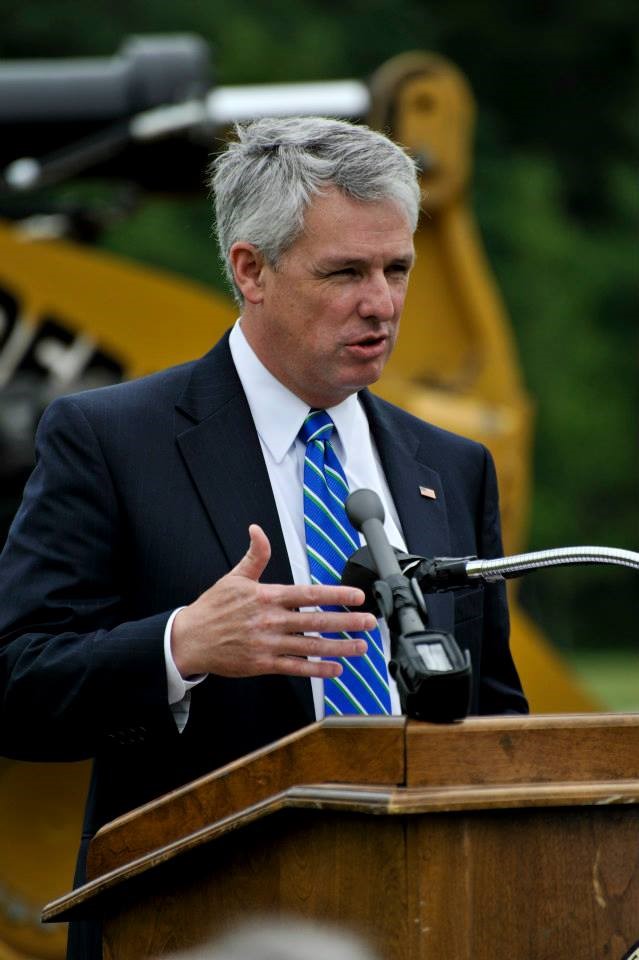Massachusetts Lawmakers Pass Bill to Ban Flavored Tobacco, Menthol Cigarettes

By Jon Kamp / Wall Street Journal / November 21, 2019
Massachusetts lawmakers passed a bill in the early morning hours Thursday to enact the country’s most stringent state ban on flavored tobacco, including menthol cigarettes, in an effort to combat youth tobacco use.
The Democratic-led legislature sent the bill to Republican Gov. Charlie Baker after a final preholiday session at the state capital stretched beyond midnight. The House passed the flavor ban last week, but needed to clear it again after the Senate added some amendments following a long floor debate.
The menthol ban would take a restriction already imposed in some U.S. counties and cities to the statewide level for the first time. Convenience-store owners have been pushing back, arguing a menthol ban will fuel a black market and hurt business, but proponents say they don’t want to allow flavor options that could lure young users.
“Hopefully it will become a model for the country,” said Massachusetts state Sen. John Keenan, a Democrat who sponsored the bill in his chamber, in an interview ahead of the vote.
The flavored tobacco ban is part of a larger bill that includes a new excise tax on vaping products and measures to expand access to smoking-cessation help. A ban wouldn’t apply to places like cigar bars where people consume tobacco on site.
The state-level push comes as the Trump administration delayed a decision to ban most e-cigarette flavors amid pushback from conservative groups, vape shop owners and e-cigarette users. The delay drew criticism, including from Massachusetts Democratic House speaker, Robert DeLeo, who said he hoped other states will follow his state’s lead to address the youth-vaping problem.
The White House said on Wednesday that President Trump plans to meet with vaping-industry and medical officials on Friday.
It isn’t clear if Mr. Baker will sign the flavor ban into law. A spokesman said before Wednesday’s votes that the governor would carefully review any legislation that reaches his desk.
Mr. Baker signed a bill last year raising the age for buying tobacco products to 21, and in September he enacted the nation’s most comprehensive temporary ban on vaping products in response to the outbreak of mysterious vaping-related lung injuries that the Centers for Disease Control and Prevention has linked to 42 deaths nationwide. State health authorities in Massachusetts have reported three vaping-related deaths there.
Health officials chasing the cause of lung injuries have been scrutinizing vitamin E oil, which is sometimes added to products containing the psychoactive ingredient THC, especially illicit THC products, as a substance of concern. Most injuries and deaths have been linked to THC-containing products, but a small portion of patients are reporting vaping only nicotine-containing products.
Several other states, including Michigan and New York, also pursued temporary bans that affected flavored vaping products. Advocates are now pushing for more permanent moves in state legislatures, making a comprehensive flavor ban in Massachusetts an important example, said Cathy Callaway, who directs the state and local campaigns team for the American Cancer Society Cancer Action Network.
Tony Abboud, executive director at the Vapor Technology Association trade group, said that flavors help adults trying to quit smoking and that a ban would cause small businesses to shut down.
Prohibiting menthol cigarettes has been a point of contention for convenience-store owners, who say people buying tobacco often also buy bread, milk and produce. Store owners argue that lawmakers trying to combat youth vaping are veering off target by taking aim at menthol cigarettes and mint-flavored smokeless tobacco, which would also fall under the ban.
“They’re not associated with any youth overuse,” said Jonathan Shaer, executive director at the New England Convenience Store and Energy Marketers Association. “Those are the products that we’re really trying to carve out of this thing.”
Supporters of a more comprehensive ban, including the Massachusetts Medical Society, say adding menthol to cigarettes makes the smoke less harsh and irritating and can therefore lure new users. Without a comprehensive ban, young people who lose flavored vaping products may shift to menthol cigarettes, said state Rep. Danielle Gregoire, a Democrat who sponsored the House bill.
“The point of the flavor ban on e-cigarettes would have been lost completely,” she said.
